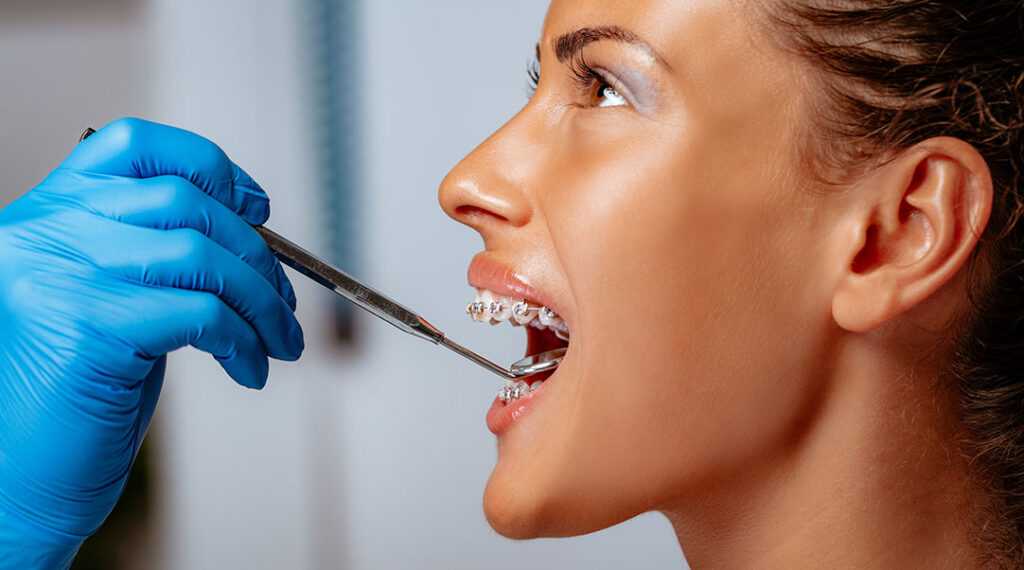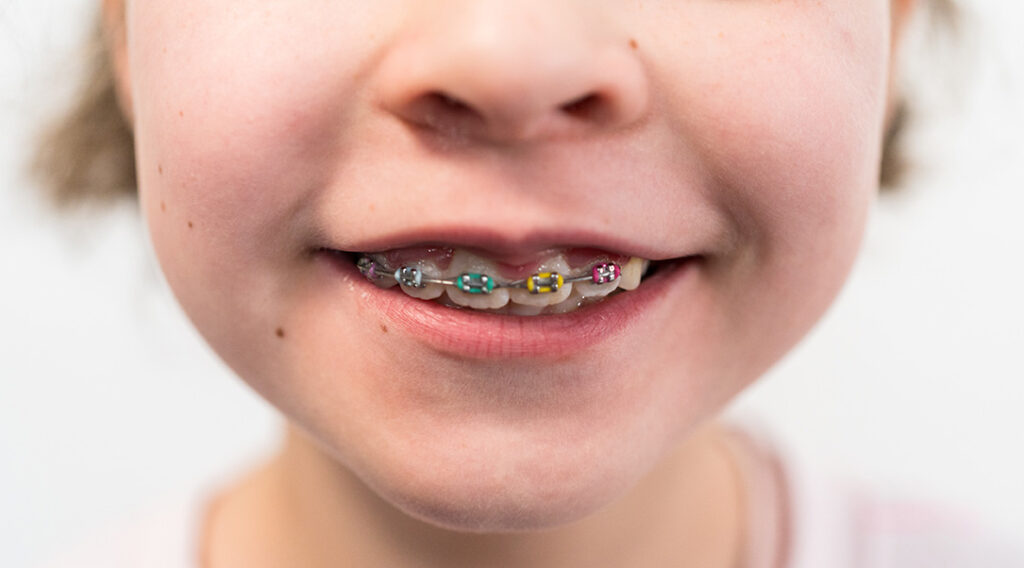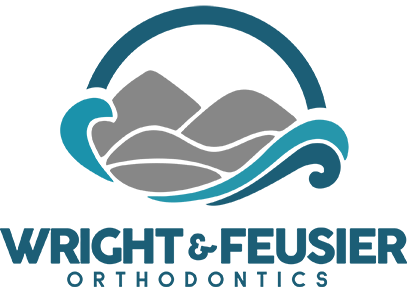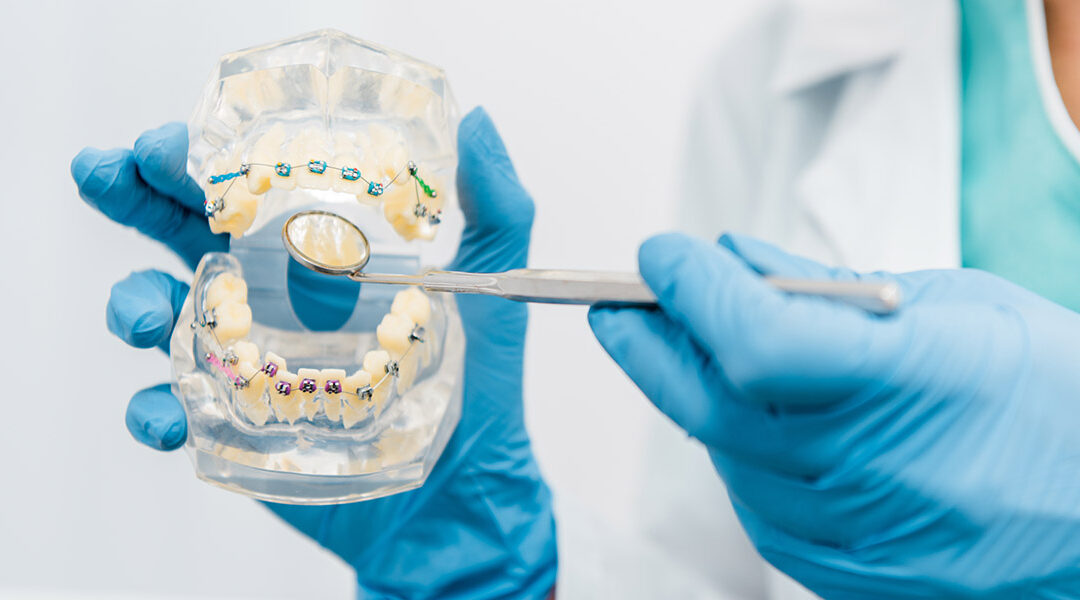The implementation of orthodontic assessment during the early stages of a child’s life is critical for the detection and prevention of potential oral health complications. Adopting this proactive stance towards dental care serves a greater purpose than mere aesthetic perfection; it constitutes a vital measure in safeguarding the overall health and welfare of the mouth. Gaining knowledge regarding the importance of early orthodontic examinations can empower guardians to make well-informed choices that could potentially shield their children from future oral complications.
Early Detection is Key
By the age of seven, the American Association of Orthodontists advises that children undergo their initial orthodontic evaluation. Typically, children at this age have a combination of infant and adult teeth, which facilitates the diagnosis and prognosis of future dental issues by orthodontists. While early assessment does not invariably equate to early intervention, it does enable the orthodontist to track the child’s dental progress and make adjustments at the most opportune moment.

Benefits of Early Orthodontic Evaluation
Prevention of Future Problems: Early identification of orthodontic concerns, including crowding, overbites, underbites, and crossbites, can facilitate the implementation of more straightforward and efficacious treatment strategies. Early intervention has the potential to facilitate mandibular development, rectify detrimental oral practices, and enhance the aesthetics and functionality of a child’s dentition.
Timely Intervention: Treatment of specific conditions, such as an underdeveloped palate or a narrow mandible, is more feasible during the developmental phase of a child. In many cases, early orthodontic treatment can avert the development of more severe issues, thereby reducing the likelihood that the patient will require future invasive procedures such as tooth extractions or surgery.
Better Oral Hygiene: Misaligned teeth can create difficulties for brushing and flossing, thereby increasing the risk of cavities and periodontal disease and contributing to poor oral hygiene. By aligning the teeth properly, early orthodontic treatment can facilitate the maintenance of excellent oral hygiene.
Boosting Self-Esteem: Additionally, early intervention can mitigate aesthetic apprehensions that might have an adverse impact on a young individual’s self-esteem. An optimistic grin can exert a substantial beneficial influence on the social interactions and self-perception of a child.
Speech Improvement: Diction Improvement: A child’s diction may be impacted by misaligned teeth or jaw structure. By assisting in the correction of these issues, orthodontic treatment can improve communication skills and facilitate clearer speech.
Avoiding Complications: Untreated orthodontic complications may advance to more intricate phases, thereby necessitating prolonged treatment periods and incurring financial strains, in the absence of timely intervention.

The Role of Parents in Early Orthodontic Care
Involvement of parents is vital in early orthodontic treatment. It is imperative for parents to ensure that their children receive routine dental examinations and remain vigilant for any indications of orthodontic issues, including but not limited to mouth breathing, thumb sucking, difficulty swallowing or biting, or teeth that are crowded, misplaced, or blocked. It is crucial to schedule an orthodontic evaluation if any of these symptoms are present or as your dentist may advise.
What to Expect During an Early Orthodontic Evaluation
X-rays are commonly utilized to evaluate the underlying bone structure of the child’s teeth, mandible, and bite, in addition to a comprehensive examination of these areas during an early orthodontic evaluation. If necessary, the orthodontist will discuss potential treatment alternatives and the optimal time to commence treatment. When appropriate, the orthodontist may elect to postpone treatment until the child reaches a more mature age and continue to monitor the child’s growth and development.
The Crucial Role of Preventive Orthodontic Evaluations in Children’s Oral Health
Preventive orthodontic evaluation is an essential strategy for ensuring the optimal oral health of a child. It is of utmost importance in the detection of prospective problems, prevention of subsequent complications, and maintenance of an aesthetically pleasing, functional, and sound smile. Early orthodontic evaluations ought to be regarded by parents as an essential element of their child’s comprehensive health care regimen, potentially yielding enduring advantages for the child’s oral and overall welfare. Parents can enhance their children’s prospects of developing a healthy, self-assured smile by placing early orthodontic care as a top priority.



